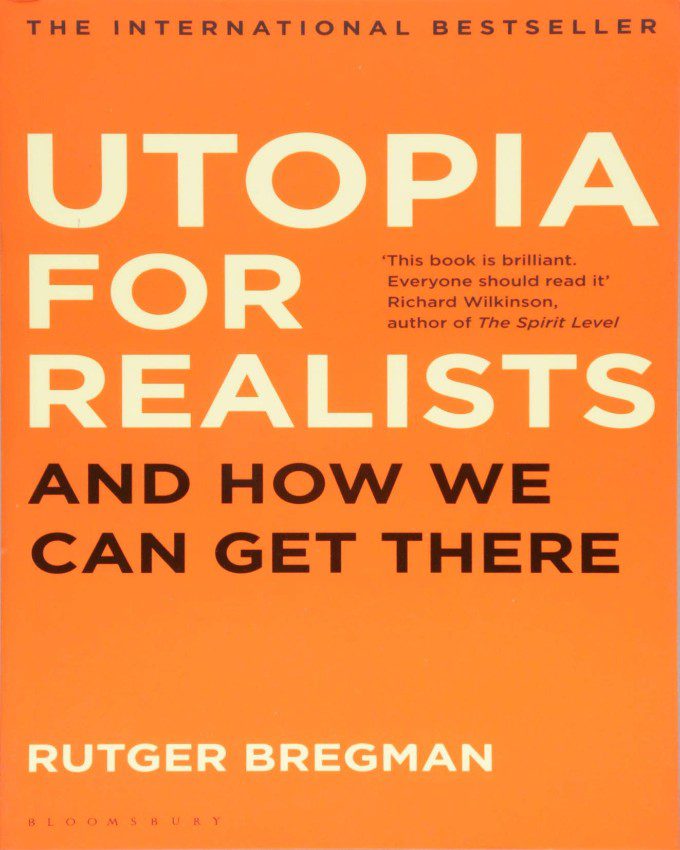

Nixon’s Basic Income Bill passed the House but repeatedly failed to pass the Senate, and Nixon eventually gave up. And rather than being seen as “radical”, a White House poll found 90% of all US newspapers receptive to the idea. According to Nixon, “Tory men and liberal policies are what have changed the world”, and this was a chance for Nixon to make history. In 1969, he was on the verge of providing US$1,600 of unconditional cash to each poor family in the US. Most surprising of all is that Richard Nixon himself championed such a scheme. This is why I was so surprised to read just how many pilot programs of unconditional cash disbursements had been tried in the past in countries such as Canada, the United Kingdom and the United States.


A major World Bank Study, cited by Bergman, found that in 82% of all researched cases in Africa, Latin America and Asia, alcohol and tobacco consumption actually declined.Įxtending such unconditional cash distributions to high income contexts is currently much more controversial.

It leads to a lasting increase in income, it helps them build assets such as housing and livestock, and it reduces health issues such as malnutrition, especially among children.Ĭritics will claim that cash distributed without conditions will be wasted but the evidence doesn’t support this view. In fact, the Cash Learning Partnership estimates that $2.8 billion was spent on cash and voucher programming in 2016, up 40% from 2015 and nearly double since 2014 (we don’t yet have the 2017 or 2018 numbers but it is likely to have continued to increase).ĭistributing cash in a humanitarian crisis is not only more empowering, it reflects the view that the experts on what people need in a crisis are the people that are themselves affected.Īnd as Bregman demonstrates, there is an enormous body of evidence that giving the poor money to help them survive crisis and escape poverty works. In Lebanon, we used a basic MasterCard to allow thousands of Syrian refugees to buy whatever they wanted in hundreds of local shops. In Somalia, we provided US$100 a month via basic mobile phones to nomadic herders displaced by drought. Critics will claim that cash distributed without conditions will be wasted but the evidence doesn’t support this view.Īt Save the Children, we are involved in dozens of such programs around the world.


 0 kommentar(er)
0 kommentar(er)
